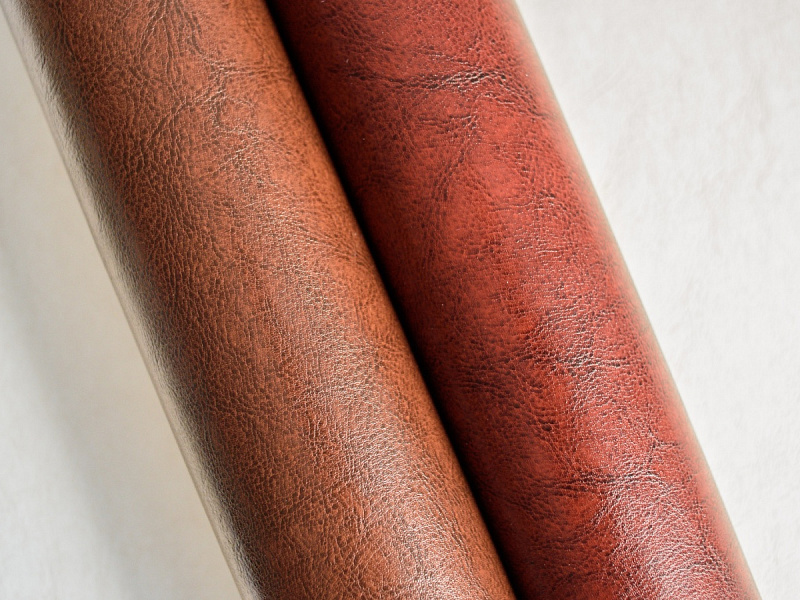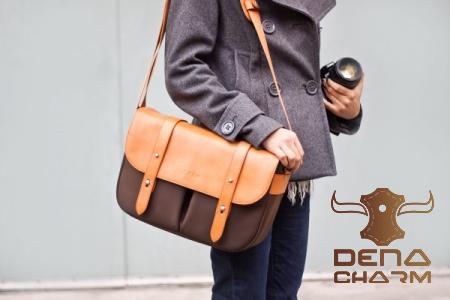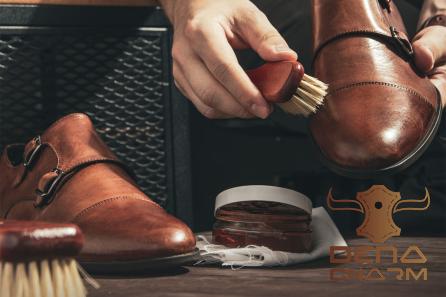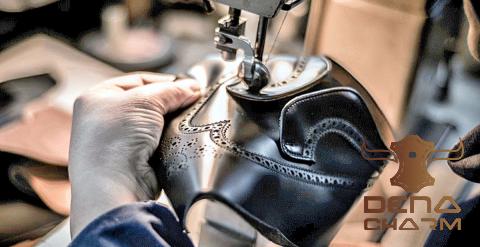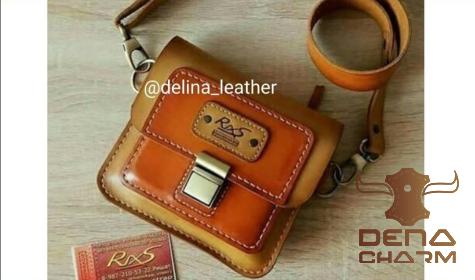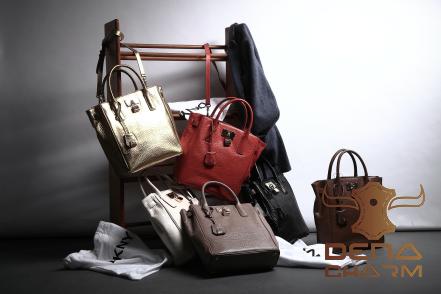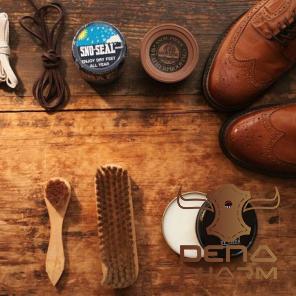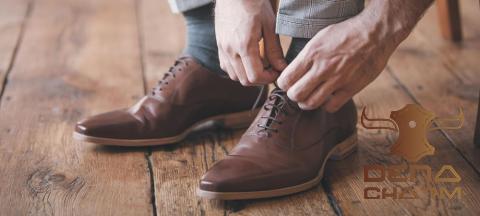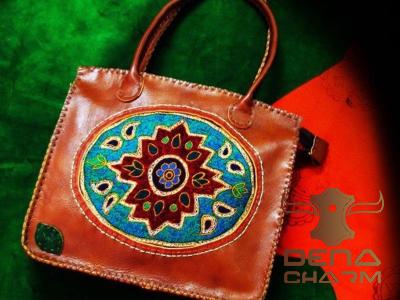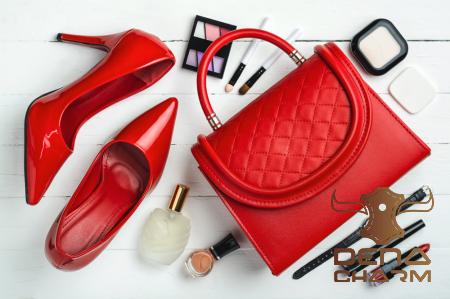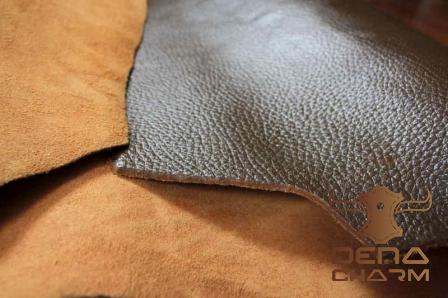Artificial leather, also known as synthetic leather or faux leather, is a popular alternative to genuine leather in various industries. It is made using synthetic materials that mimic the look and feel of real leather. This versatile material is widely used in the production of garments, footwear, upholstery, and accessories, among other applications.
When it comes to buying artificial leather raw material, there are a few factors to consider. First and foremost, it is important to ensure that you are purchasing from a reputable supplier. Conduct thorough research to identify reliable suppliers who offer high-quality products.
Next, it is essential to determine your specific requirements for the artificial leather. Consider the intended application of the material and the desired characteristics such as texture, color, and durability. This will help you narrow down the available options and make an informed purchasing decision.
Additionally, take into account the pricing of the artificial leather raw material. While it is crucial to stick within your budget, it is equally important not to compromise on quality. Be cautious of extremely low-priced materials, as they may not meet the necessary standards of durability and visual appeal.
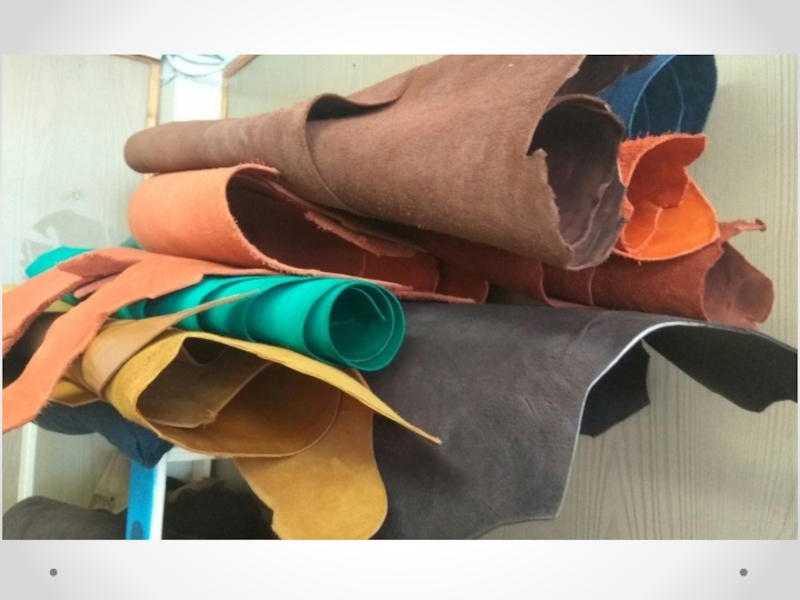
The Best Types of Artificial Leather Raw Material
Now that we’ve discussed the general considerations for purchasing artificial leather raw material, let’s explore some of the best types available in the market.
Polyurethane (PU) leather is one of the most widely used artificial leather materials. It is known for its durability, flexibility, and resistance to wear and tear. PU leather can closely resemble the texture and appearance of genuine leather, making it a popular choice for various applications, from automotive upholstery to fashion accessories.
Another popular type is Polyvinyl Chloride (PVC) leather, also known as vinyl leather. PVC leather is known for its affordability and ease of maintenance. It is often used in the production of furniture upholstery, bags, and shoes. However, it is worth noting that PVC leather may not provide the same level of breathability as other types, which can lead to perspiration and discomfort in certain applications.
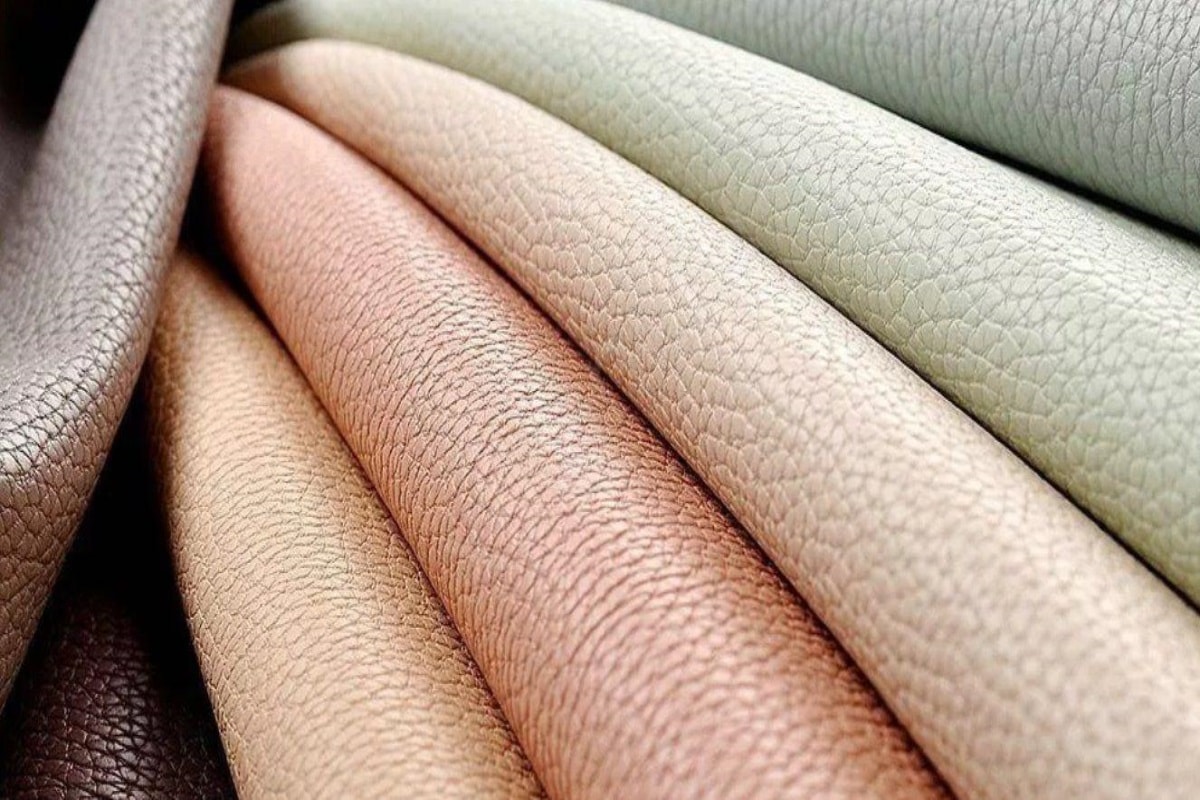
Microfiber leather is a synthetic material composed of finely woven fibers that mimic the look and feel of real leather. This type of artificial leather is known for its high tear resistance, breathability, and resistance to stains. Microfiber leather is often used in the production of high-end furniture, automotive interiors, and luxury accessories.
How to Use Artificial Leather Raw Material
Artificial leather raw material can be utilized in various ways, depending on the desired application. Here are a few common examples:
1. Upholstery: Artificial leather is a popular choice for furniture upholstery due to its durability and aesthetic appeal. It can be used to cover chairs, sofas, and other pieces of furniture, offering a cost-effective alternative to genuine leather.
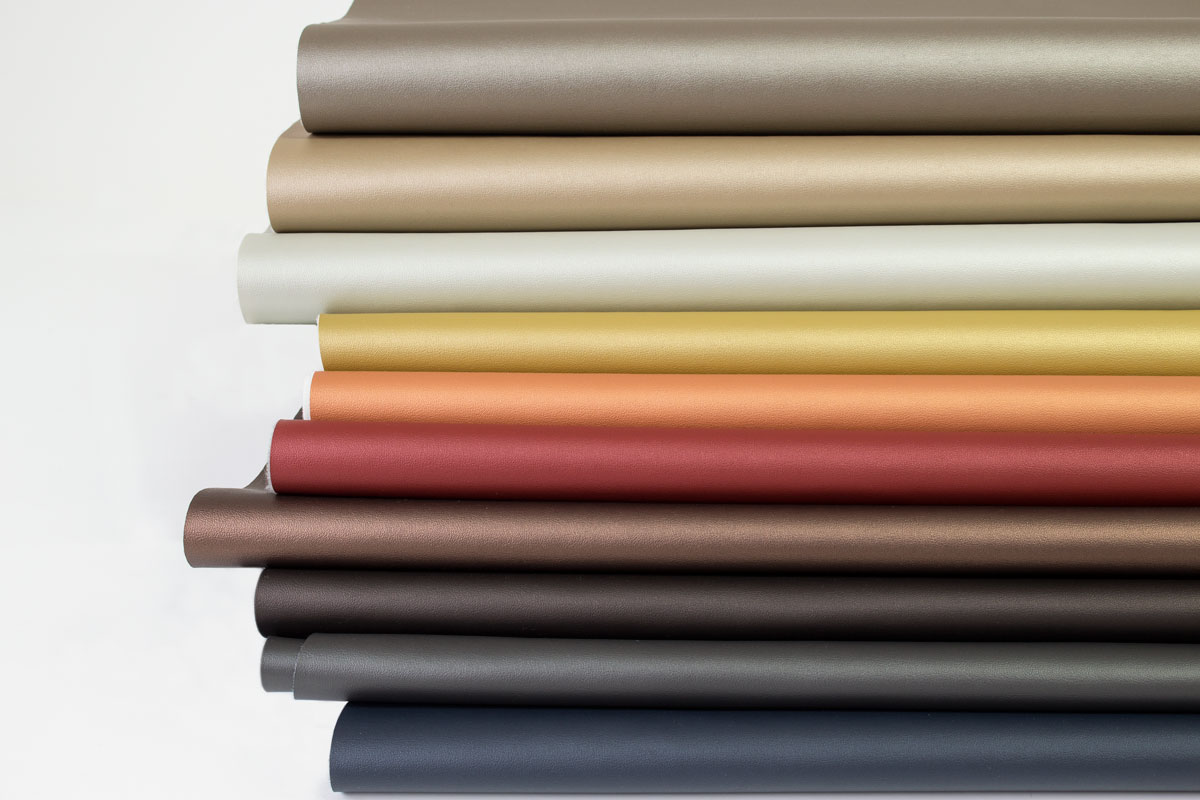
2. Fashion and Accessories: Many fashion designers and accessory manufacturers use artificial leather for the production of garments, handbags, wallets, shoes, and belts. Its versatility allows for a wide range of designs and styles, making it a favorite among creative designers.
3. Automotive Interiors: Artificial leather is extensively used in the automotive industry, particularly for car seats and interior panels. Its durability and resistance to UV rays and harsh weather conditions make it an ideal choice for such applications.
4. Home Decor: Artificial leather can also be used to enhance the aesthetics of home decor items such as cushions, curtains, and wall coverings. Its wide availability and affordability make it a popular choice for interior designers.
In conclusion, when buying artificial leather raw material, it is crucial to consider factors such as supplier reliability, specific requirements, and pricing. Polyurethane (PU) leather, Polyvinyl Chloride (PVC) leather, and microfiber leather are among the best types of artificial leather materials available. The versatility of artificial leather allows for its use in various applications, including upholstery, fashion, automotive interiors, and home decor.
